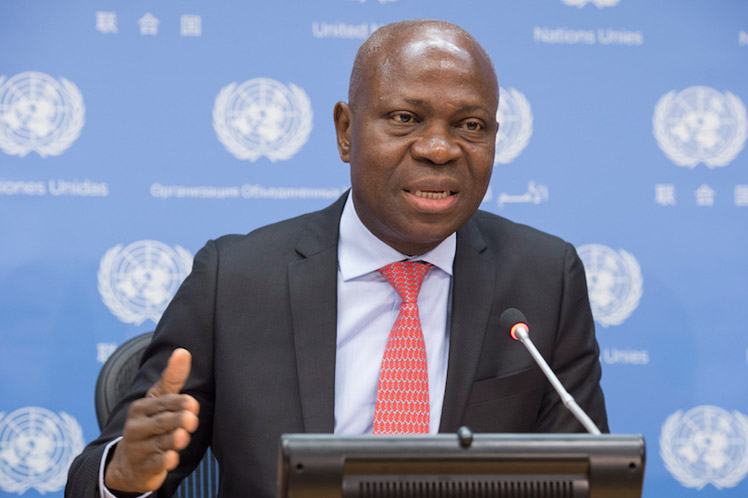‘From protecting pollinators, to improving soil fertility and building resilience to the effects of climate change, biodiversity is fundamental to addressing global hunger. But the clock is ticking. We need to increase our investments to protect biodiversity before it is too late. Our future depends on it.’
As part of its own increase in biodiversity investments, IFAD is today announcing a commitment to focus 30 percent of its climate finance to support nature-based solutions in rural small-scale agriculture by 2030.
Nature-based solutions promote the proactive conservation, management and restoration of natural ecosystems and biodiversity to contribute to addressing the challenges of climate change, food and water security, and human health.
‘Rural communities and small-scale farmers have a vital role to play. They are dependent on biodiversity, but are also important custodians of it, growing a wider range of species and varieties than large-scale farms,’ said Houngbo.
IFAD’s investments in nature-based solutions aim to promote a healthy biosphere, increasing productivity and improving food security, nutrition and resilience to climate change.
Eight out of 10 of the world’s poorest people live in rural areas, and most depend on agriculture for their livelihoods. Ironically, they are the ones most likely to go hungry. There was a dramatic increase in global hunger in 2020, with up to 811 million hungry people.
pgh/Pll/msm / crc









